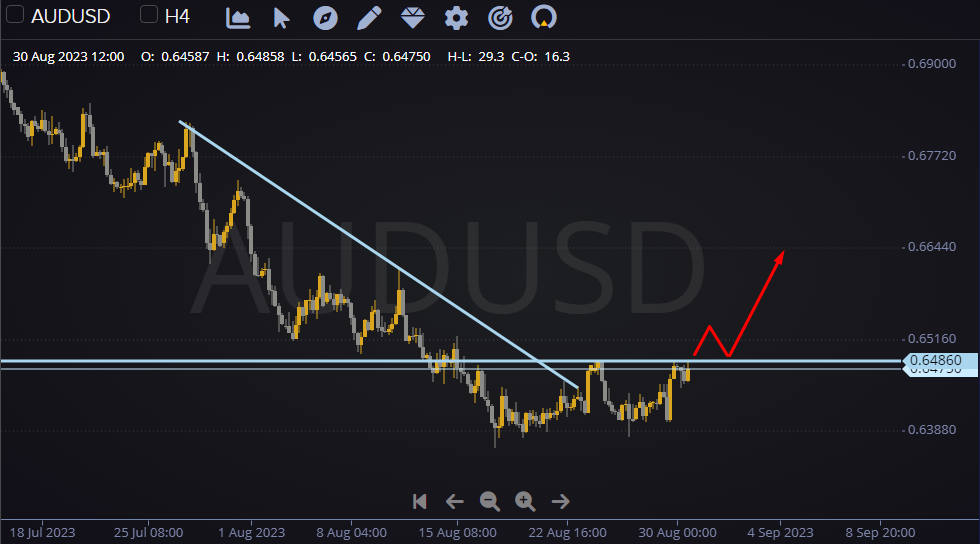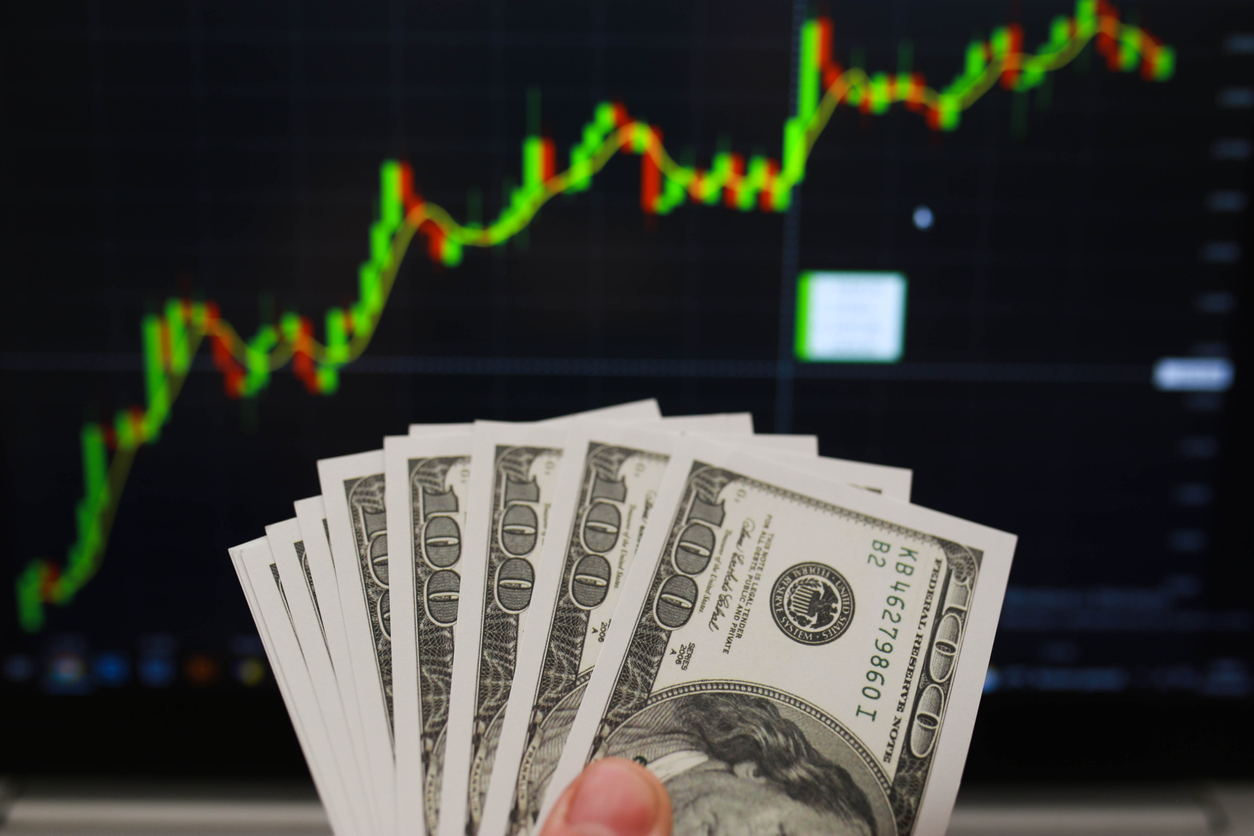Major Headlines
- DXY Drops to Key Support at 103.50 After Big Miss in Job Openings
- Treasury Yields Follow the USD Lower After Labour Update with a Push Below Key Support at 4.20%
- Lower Probability of a Hike in November from the Fed Gave Equities a Decent Boost Yesterday
Analysis
The US Dollar (DXY) fell sharply on Wednesday after the release of weak US labour market data.
The JOLTS Job Openings report showed that job openings declined to 8.8 million in July, well below the market’s expectation of 9.3 million. This was the lowest level since March 2021 and suggests that the labour market is starting to cool.

The weak labour market data also weighed on Treasury yields, which fell to 4.18%, the lowest level since July 5th. The decline in yields was also supported by dovish comments from Federal Reserve officials, who hinted that they may be less aggressive in raising interest rates in the coming months.
The lower probability of a Fed rate hike in November boosted risk assets, with stocks and commodities rising sharply. The S&P 500 index closed up 1.5%, while gold rose 1.8%.
Looking Ahead
The main event for today is the release of the ADP Employment Report. This report is a precursor to the more important non-farm payrolls report, which will be released on Friday. Economists are expecting the ADP report to show that 220,000 jobs were created in August.
If the ADP report comes in below expectations, it could further weigh on the DXY and Treasury yields. This could boost risk assets, with stocks and commodities likely to continue to rise.

If the ADP report comes in above expectations, it could support the DXY and Treasury yields. This could weigh on risk assets, with stocks and commodities likely to fall.
We would look for opportunities to short gold and AUDUSD on an upside surprise in the ADP report. Our preferred trade would be to go short the DXY.
Other Market News
- The Japanese yen (JPY) was the weakest of the major currencies, as investors took profits after the recent rally. The JPY was also weighed down by dovish comments from the Bank of Japan (BoJ).
- The euro (EUR) was little changed, as investors awaited the release of the German CPI report.
- Economists are expecting the German CPI to rise 7.6% year-on-year in August, the highest level since 1981.
- The Australian dollar (AUD) rose against the US dollar, as the weaker DXY supported the AUD. The AUD was also supported by higher commodity prices.
This material is for general information purposes only and is not intended as (and should not be considered to be) financial, investment or other advice on which reliance should be placed. INFINOX is not authorised to provide investment advice. No opinion given in the material constitutes a recommendation by INFINOX or the author that any particular investment, security, transaction or investment strategy is suitable for any specific person.
All trading carries risk.















